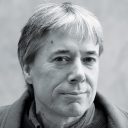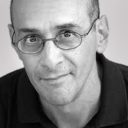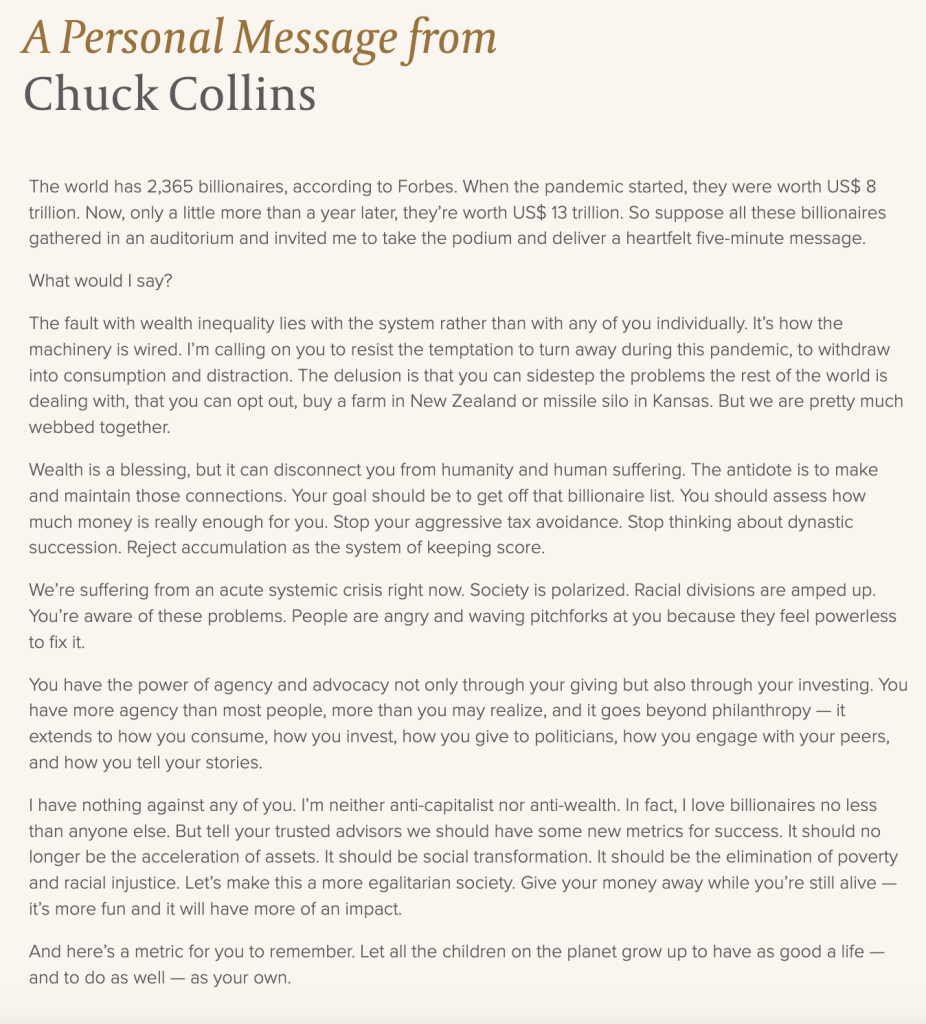Journalist Bob Brody sits down with Chuck Collins, formerly among the richest 1%, who makes the case for tackling inequality.
Return on Investment
No sooner does Chuck Collins open the front door to his Vermont farmhouse at first light than his 14 chickens come running toward him. It’s time for breakfast. Then, late in the afternoon, he’ll collect the 10 to 12 eggs yielded daily. Let’s call this getting return on investment.
As it happens, Collins — heir, author, advocate, policy wonk, activist, gentleman farmer, storyteller — is keen on ROI. Except that his brand of ROI deviates sharply from the standard commercial definition. Rather than funnel funds into tech startups promising a blockbuster initial public offering, he channels his energies into social causes, chiefly the issue of wealth inequality. And instead of accruing capital from offshore bank accounts, his reward is seeing society benefit from the blueprints for reform that he regularly puts forward.
A Compulsive Altruist at Work
Proof that Collins is a compulsive altruist is easy to find. He is director of the Program on Inequality and the Common Good at the Institute for Policy Studies, a think tank, where he co-edits Inequality.org. He’s the author of several books, most recently The Wealth Hoarders: How Billionaires Pay Millions to Hide Trillions. But the most compelling evidence that he lives his life according to the principle that everyone deserves equal opportunity comes from his origin story.
And as origin stories go, it’s a pip. Chuck is the great-grandson of Oscar Mayer, founder of the hot dog empire now owned by The Kraft Heinz Co. As scion to a fortune, Chuck grew up in an affluent Michigan suburb attending elite private schools and playing tennis at country clubs — the whole nine yards, squared. At 16 years old, he learned that come age 21, he would inherit about half a million dollars.
But he suffered from misgivings about being rich without having to break a sweat — it felt flagrantly unfair — and that led to an epiphany. So he took an action that surprised everyone except perhaps himself, dictating the direction of his life and career for decades to come. He decided to give all his money away. He recounted that episode — the money went to social justice organizations to “pass the wealth on,” as he explained to his parents — in his popular book, Born On Third Base: A One Percenter Makes the Case for Tackling Inequality, Bringing Wealth Home, and Committing to the Common Good. He tells his own story, but he also tells a much bigger story. He urges other wealthy individuals to tell the truth about how inherited wealth actually came to be, otherwise known as putting your mouth where your money is.
The Oscar Mayer Fortune Began with a Dowry
“I have heard family stories about how the Oscar Mayer business was built,” Collins says. “My great-grandfather married a woman with a dowry that became working capital. Had he never married her, we may never have heard of him. We should demythologize wealth creation. Tell the truth about the help we got, the lucky breaks, the advantages available, the access to capital. We have to disrupt the narratives about grit and hard work that try to justify keeping inequality in place. Only if we go to the story behind the story will we find the reality beyond the fiction. If we’re in the top 1%, we tell ourselves, it’s because we deserve to be. The shadow corollary is that if you’re at the bottom, that’s where you should be, too, because you failed. We should stop looking at money as a sign of virtue — or lack of it.”
Collins also advocates an approach that most dynastic families would regard as borderline lunacy: investing in social causes to shrink rather than accumulate more wealth.
“Keeping and growing your assets is considered the holy grail,” he says. “But, inherited wealth is a temporary state rather than a terminal condition. What if our wealth advisory industry held a different conversation with its clients? What if our wealth managers advised us ‘I see you’re worth US$ 50m. How about if over the next decade we try to get that down to about US$ 10m?’”
Chuck also advocates an approach that most dynastic families would regard as borderline lunacy: investing in social causes to shrink rather than accumulate more wealth. Bob Brody
Patriotic Millionaires as Agents of Change
In the 40 years since his youthful giveaway spree — he’s now 60 — Collins has pursued his crusading agenda with relentless zeal. Today, he leads a cerebral life consisting largely of research, reading, and reflection. He oversees a team of eight at the institute, participates on the boards of numerous nonprofit organizations, such as the Patriotic Millionaires, and widely speaks publicly. His current net worth is approximately
US$ 250,000. He has stayed put during the pandemic — previously he traveled about 10 days a month to meet with advocacy groups — but his mind is ever on the move.
The coronavirus, with its drastic dichotomy between the work-from-home population and those required to be on-site, has brought wealth inequality all the more starkly into view. “It’s hard to miss the social breakdown that’s happened in this crisis,” he says. “Seeing how economic inequality has played out in the pandemic has deepened my desire to see it reversed. And that’s true for others, too.”
“Events in 2021 so far have raised my hopes about our prospects for change,” Collins says. “I’ve had a lot of conversations with people of substantial means who have seen how the pandemic has accelerated wealth at the top and aggravated vulnerability at the bottom. They recognize that philanthropy is only one tool — though an important one — for transforming our economy and society. But people can be agents of change through other means — investing, consumption patterns, and by paying local, state, and federal taxes without aggressively avoiding those responsibilities. They’re looking to go beyond social investing and philanthropy. They’re more serious about activating portfolios to redeploy wealth and heal the harms it’s doing. They’re asking, ‘How can I leverage everything I have for social good?’ It’s hard to imagine a sign more promising.”
Chuck Collins
Chuck Collins is author of the new book, “The Wealth Hoarders: How Billionaires Pay Millions to Hide Trillions.” He directs the Program on Inequality and the Common Good at the Institute for Policy Studies, where he co-edits inequality.org. He has written a number of books about inequality, tax policy, and social change philanthropy. Chuck is the great-grandson of German-born meatpacker Oscar Mayer, founder of the Oscar Mayer food corporation. Oscar Mayer is now owned by The Kraft Heinz Co., based in Chicago, Illinois.
Bob Brody
Bob Brody is a consultant and essayist living in New York City. He is a regular contributor to “The New York Times,” “The Wall Street Journal,” and “The Washington Post,” and is author of the memoir “Playing Catch with Strangers: A Family Guy (Reluctantly) Comes of Age.”








Comments (0)